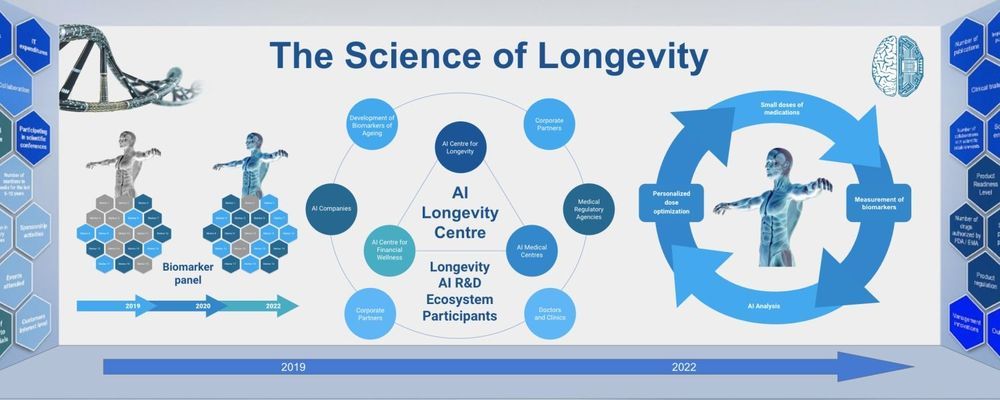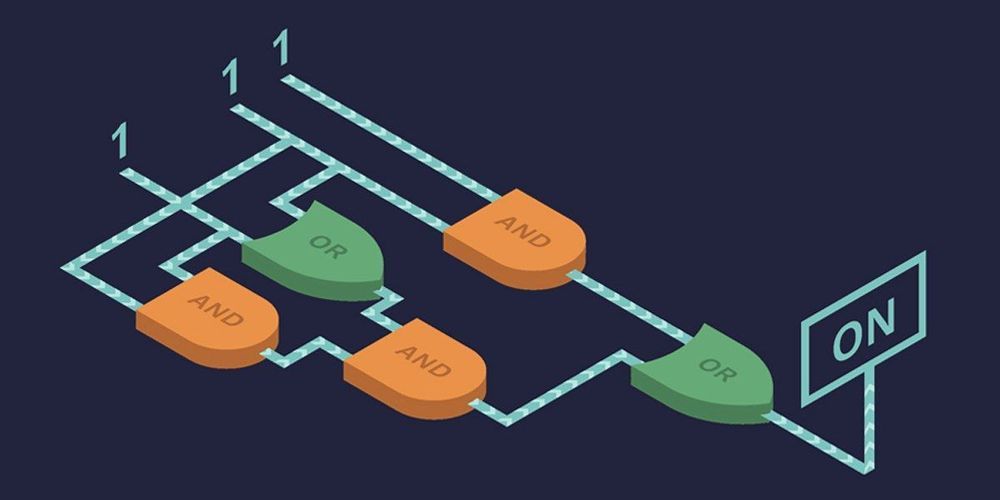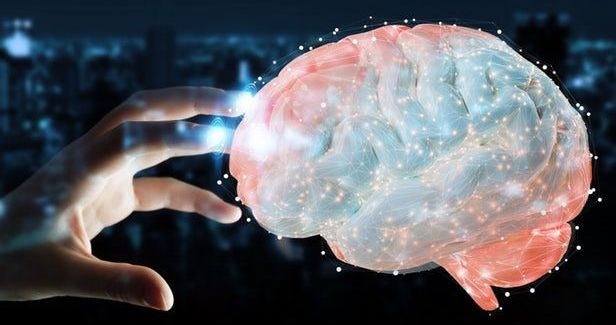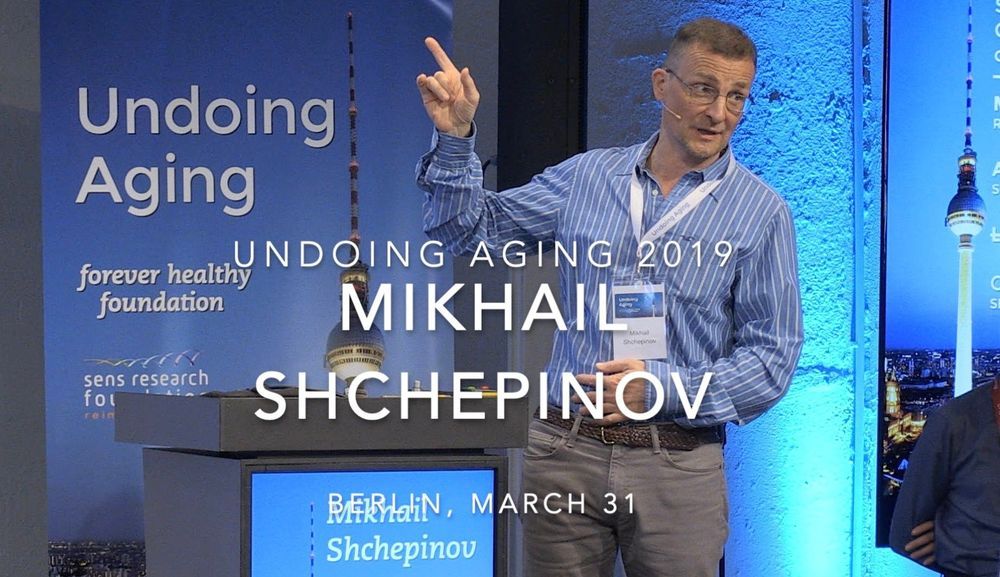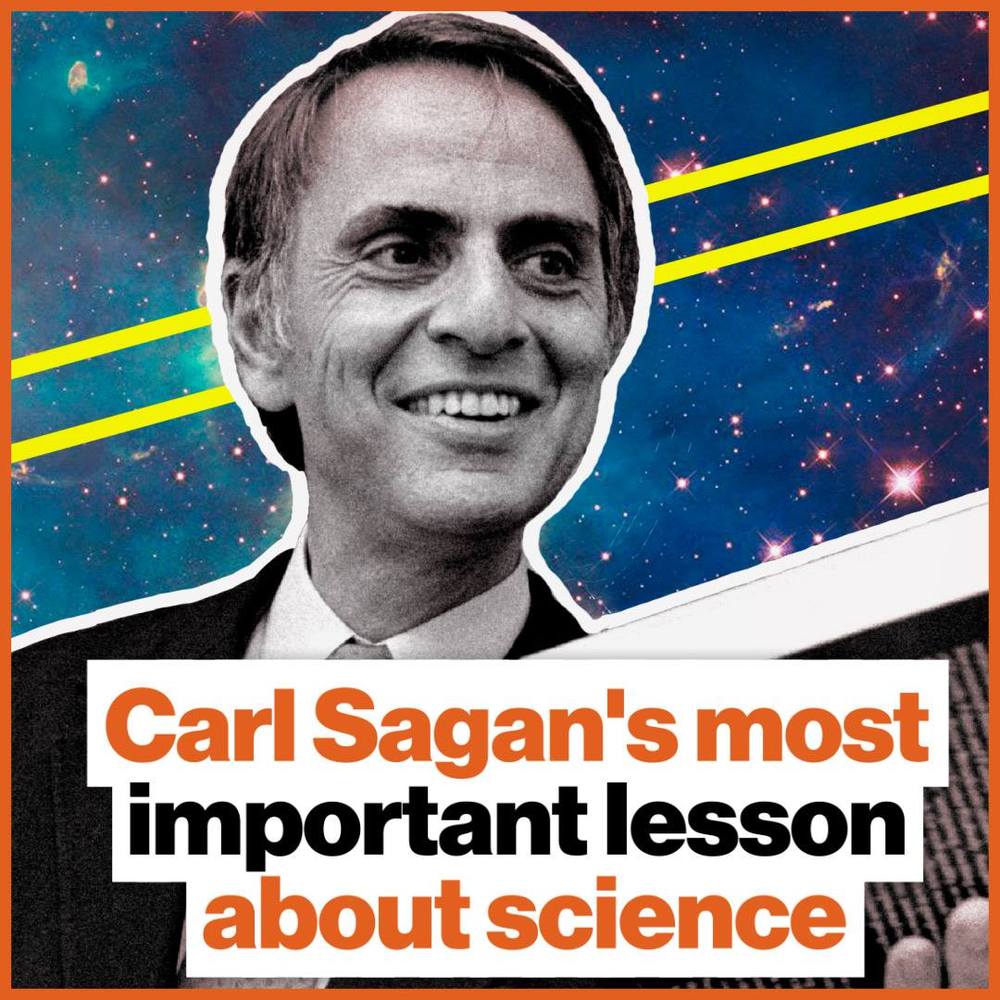For DeepMind, the emergence of the new headquarters is symbolic of a new chapter for the company as it turns its research heft and compute power to try to understand, among other things, the building blocks of organic life. In so doing, the company hopes to make breakthroughs in medicine and other disciplines that will significantly impact progress in a number of fields. “Our mission should be one of the most fascinating journeys in science,” Hassabis says. “We’re trying to build a cathedral to scientific endeavour.”
DeepMind’s AI has beaten chess grandmasters and Go champions. But founder and CEO Demis Hassabis now has his sights set on bigger, real-world problems that could change lives. First up: protein folding.

